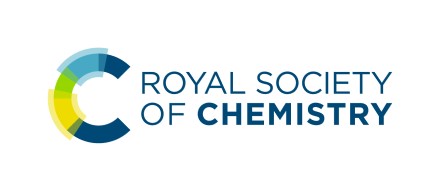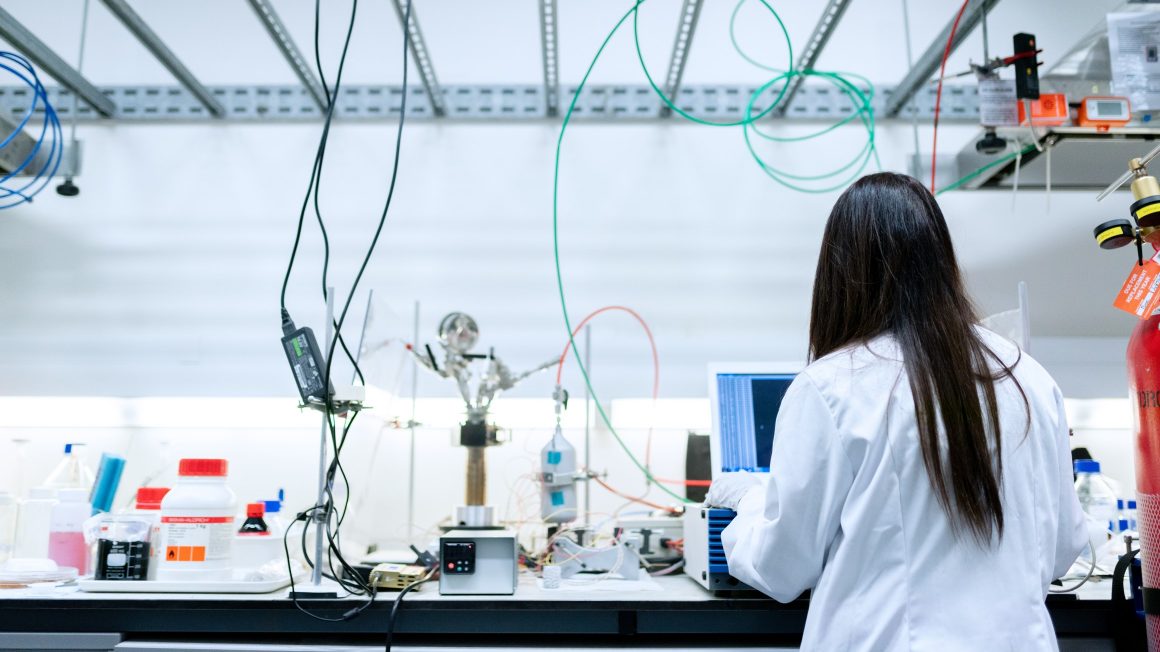The Royal Society of Chemistry has recognized Canada Research Chairs Dr. Christopher Wiebe and Dr. Jaime Cidro’s Indigenizing Chemistry at The University of Winnipeg project with a grant in support of Indigenous-based scholarship and research.
I wanted to do something substantial to advance Indigenization at the University of Winnipeg. I am excited about the possibilities.
Dr. Christopher Wiebe
“We will use this funding to explore new course offerings in Indigenous-based research, and decolonizing chemistry in general,” said Wiebe. “There is a significant support network here at The University of Winnipeg for Indigenization, but this would be the first effort to Indigenize chemistry and we hope this project can be used as a model for other institutions.”
To launch the project, Wiebe is planning to invite outside lecturers in Indigenous chemistry to provide guidance, looking to Indigenous communities for insight before creating new course materials and programming.
“This project is just getting started, but there is a lot of potential to engage with the community and incorporate Indigenous ways of knowing into our programming,” said Cidro. “Indigenizing chemistry is an important step toward reconciliation.”
Wiebe, who is leading the project with Cidro’s support, would love to see Indigenous scholars featured in a future Weweni Indigenous Scholars Speaker Series lecture in a broader effort to Indigenize the sciences at The University of Winnipeg.
“The Weweni lecture series is an excellent way to bring these scholars to our institution to support these efforts,” he said. “In the past, these lectures have primarily been in the arts and social sciences, but it would be great to invite scholars in Indigenous chemistry to this series, and when these speakers are on campus, we can use the opportunity to build networks and develop our new Indigenous chemistry courses.”
Wiebe hopes new Indigenous chemistry courses will be available to students in 2023-2024.
“As our department needs training on these topics, we envision developing a seminar series to build links with other Indigenous scholars at nearby institutions, such as First Nations University, and also with other leading institutions around the world,” he said.

The Indigenizing Chemistry at The University of Winnipeg project is supported by the Royal Society of Chemistry Inclusion and Diversity Fund.
He hopes this project will open doors to welcome more Indigenous-based chemistry scholars to UWinnipeg – and more Indigenous students.
“Winnipeg is an epicentre for the Indigenization movement that is dramatically changing our country,” he said. “It is our goal to have a more diverse faculty and a more diverse student body. This effort to Indigenize chemistry will, in a small part, assist us in moving closer to this goal. I wanted to do something substantial to advance Indigenization at the University of Winnipeg. I am excited about the possibilities.”

